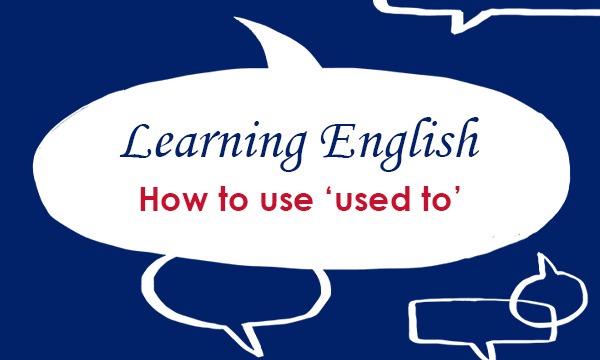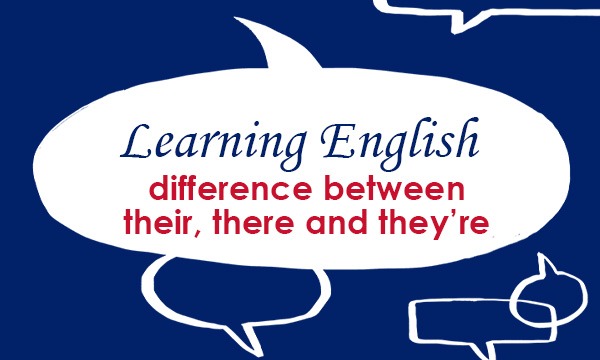
The verb used to is a ‘marginal’ modal verb. Unlike the other modal verbs, it is only found in the past tense. Therefore, when it is used with do to make negatives and questions, the form of the auxiliary verb is always did.
Used to is used as follows:
- to describe an activity or a state that happened many times in the past.
Gerry always used to go for a run before breakfast.
Peter didn’t use to say things like that when I knew him.
- to refer to an activity or state that was true in the past but is no longer true.
I used to like rock climbing when I was younger.
You didn’t use to be so stressed!
The form used to is used with all subjects e.g. I, we, you, he, she, it, they.
I used to live in New Zealand.
He used to deliver newspapers but he owns the shop now.
The main form for a negative is did not/didn’t use to.
We didn’t use to have central heating when I was a child.
Alan didn’t use to like dogs, but it’s different now he has his own.
The main form for a question is did + subject + use to + base form: e.g. did he use to…?
Did they use to visit you often? – Well, Mary used to.
Do not confuse used to + base form with be used to + present participle, where used to means ‘accustomed to’.
They lived in India for a long time, so they are used to eating spicy food.
For further information on English Grammar, visit: https://grammar.collinsdictionary.com/easy-learning
Come back for other blogs on using English in everyday situations: https://blog.collinsdictionary.com/language-learners/learning-english
All opinions expressed on this blog are those of the individual writers, and do not necessarily reflect the opinions or policies of Collins, or its parent company, HarperCollins.



